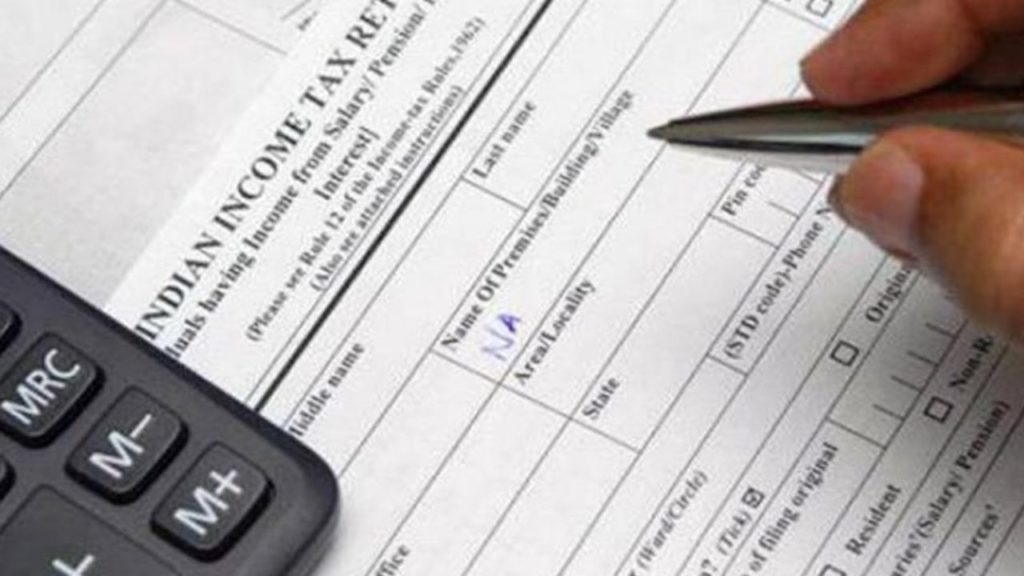Lok Sabha was informed by the government that in the last four financial years, assets worth more than Rs 4,800 crore were seized during searches conducted by the Income Tax department against 2,841 groups.

Minister of State for Finance Pankaj Chaudhary said these searches are undertaken to find “suspected or identified large-scale tax evasion”.
Assets Worth Rs 4,863.12 Crore Seized by IT Department
Sharing the data for financial years 2019-20, 2020-22, 2021-22 and 2022-23 (provisional figures till January 2023), Chaudhary said a total of 2,841 groups were searched by the income tax department leading to seizure of assets worth Rs 4,863.12 crore.
As per the data, the highest seizure of assets took place during the last fiscal of 2022-23 (data till January 2023) at Rs 1,533.23 crore with searches being conducted against a total of 602 groups.
The same was worth Rs 1,159.59 crore against 686 groups in 2021-22. In the year prior 2020-21, assets worth Rs 880.83 crore were seized after action against 569 groups. Assets worth Rs 1,289.47 crore were seized during searches against 984 groups in 2019-20.
Why & How People Evade Taxes?
Most of the people question that concept of giving away part of their earning to a government but the fact is that taxes are an important source of income for the government.
However, it is the same money that is invested in various development projects that are meant to improve the company’s situation.
However, those who are supposed to fill the taxes are now finding ways to not fill them and as a result the income of the country has been suffering.
When It comes to not paying taxes, then there are two aspects to it. The first is tax avoidance and the other tax evasion. The difference between the two is that tax avoidance is basically finding a loophole that exempts you from paying taxes and is not strictly illegal, while evasion is not paying the taxes when they are actually due, which is absolutely illegal. These are some of the ways in which people may avoid/evade taxes.
- Failing to pay the due
- Smuggling
- Submitting false tax returns
- Inaccurate financial statements
- Using fake documents to claim exemption
- Not reporting Income
- Bribery
- Storing the wealth outside country











